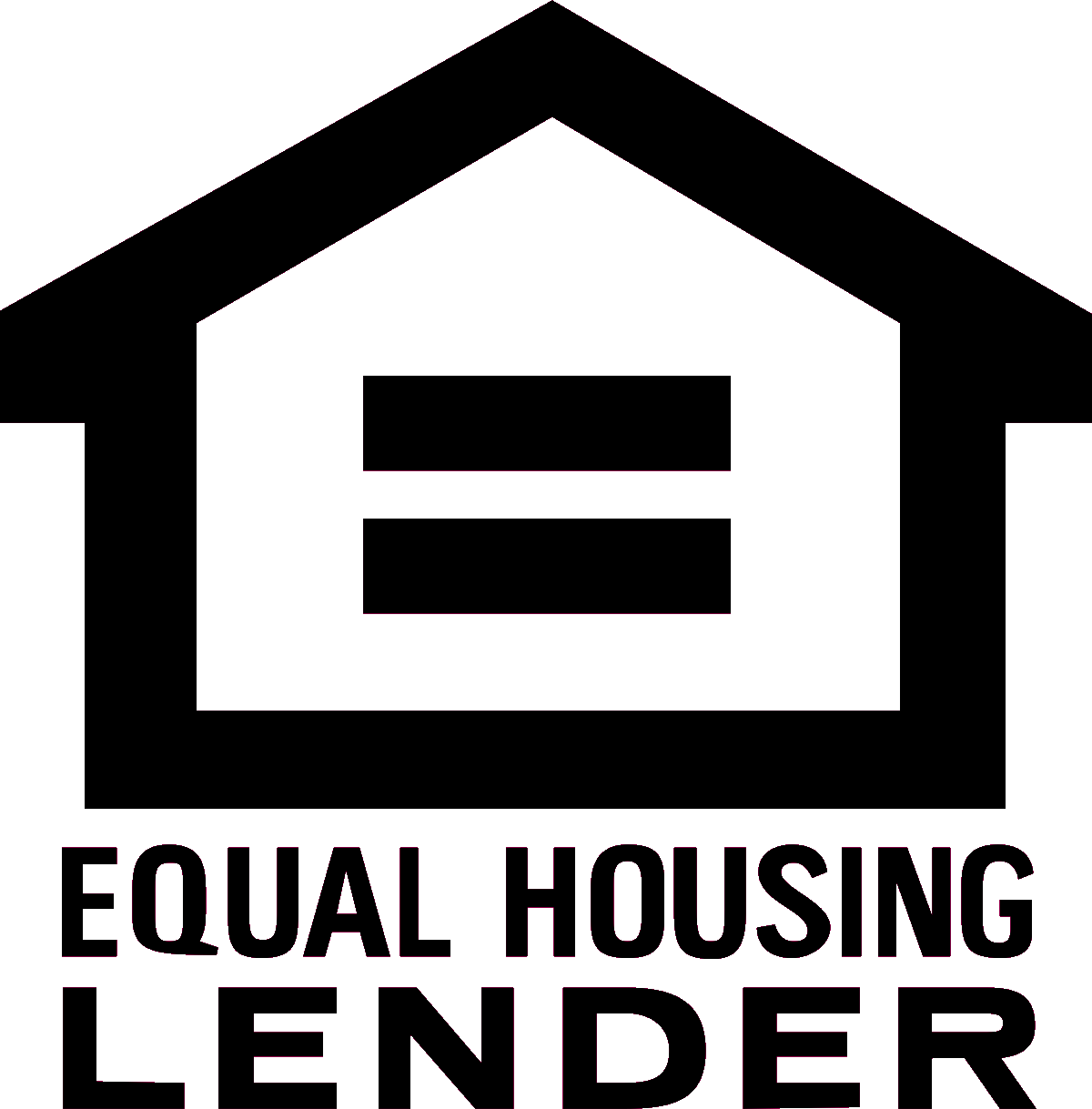Understanding Closing Costs
When people talk about mortgage closing costs, they're generally referring to two different types of expenses that a borrower pays at closing. The first is fees associated with closing the loan, which we in the industry call "closing costs." They will vary based on which mortgage company and service providers you use. The second we call pre-paid expenses, and these are expenses associated with owning the property that you pay in advance at closing.
This article looks at both types and how we combine them to get your funds needed for closing.
Closing Costs
We'll group closing costs as follows: lender fees, title company fees, other services provider fees, government fees, mortgage insurance, and other fees. This doesn't correspond to the way the fees appear on the government-mandated Loan Estimate and Closing Disclosure, but we think it's easier to understand.
Lender fees
These are the fees the lender charges you to close the loan. You'll typically see an underwriting or processing fee in this category. You also may see Discount Points, which is a fee you pay to get the interest rate you selected. We discuss discount points in a separate article.
Title company fees
Lenders require that you purchase "lender's title insurance" to protect the lender's interest in case of a defect in the title to your property. (Defects are rare, but they could cause you to lose your property in the absence of title insurance.) The lender also requires certain endorsements to the title insurance policy. Typically, you see these two fees listed as Lender's Title Policy and Policy Endorsements, and the State of Texas regulates how much the title company can charge. The state also requires that title companies collect a State Guaranty Fee for each transaction. In addition to those three fees, the title company may charge a fee to manage the transaction (often called an Escrow fee) as well as for other services it provides. Finally, if you're buying a home, you may see a fee for the "owner's title policy" if the seller isn't paying the fee.
Other service fees
These are fees for other services performed by third parties, such as an appraisal, credit report, pest inspection, or survey. In Texas, you typically also will see a fee paid to attorneys (possibly labeled Document Preparation) as Texas law requires that an attorney review mortgage documents prior to closing. In some cases, you can shop for the service provider, as in the case of a survey or pest inspection. In other cases, it's the lender's choice, such for an appraisal and credit report. (The services for which you can shop are listed in Section C on the Loan Estimate.)
Government fees
In Texas, you typically only see a Recording fee in this group. Your county collects this fee to record certain documents associated with the transaction, such as the Deed of Trust.
Mortgage insurance
Some loan programs, such as FHA, VA, and USDA programs, charge up-front mortgage insurance. Strictly speaking, VA calls its fee a Funding Fee, and USDA calls its fee a Guaranty Fee, but they behave the same as FHA up-front mortgage insurance. These loan programs allow a borrower to roll the fee into the loan, but you're still paying the fee, albeit over the life of the loan, so it's important that you be aware of the amount.
Other fees
These are non-standard fees, such as fees charged by your property's homeowner's association. The lender typically has no knowledge of these fees at the beginning of the transaction, so they generally don't appear on the Loan Estimate. As a result, it can come as an unwelcome surprise when they appear on the Closing Disclosure. (Our company tries to discover these fees during the loan process so we can keep you apprised with an accurate estimate of your funds needed for closing.)
Pre-paid Expenses
As mentioned above, pre-paid expenses are expenses associated with owning the property that you pay in advance at closing.
Pre-paid interest
When you close your loan, your first payment typically isn't due until the second month after you close. This is commonly referred to as "skipping a month," and it happens because mortgage interest must accrue before you're required to pay it. The only exception to that is the interest that accrues during the month in which you close. You pay that interest at closing as Pre-paid Interest. For example, if you close on Sep 20th, at closing you would pay the interest that would accrue from the 20th to the 30th.
Insurance premiums
If you're purchasing a home, or your insurance policies are up for renewal, the lender typically will require you to pre-pay the full year's premium at closing. If your home has multiple types of insurance coverage (e.g., hazard, windstorm, and flood), this requirement covers all of them.
Escrows
If you choose to or are required to escrow for property taxes and/or insurance, the lender is allowed to keep a two-month buffer in your escrow account. You fund this buffer at closing as a pre-paid expense. If you're buying a home, the lender probably will add a third month because you skip a month before your first mortgage payment is due.
If you're refinancing, the amount of escrow buffer will depend on when property taxes and insurance are due. If taxes are due the month after closing, your escrow account needs to have 11 months of taxes in it. Thus, the lender may collect 14 months of taxes at closing - the 11 months needed to make the scheduled tax payment the following month plus the 3 month buffer.








 Roadmap
Roadmap